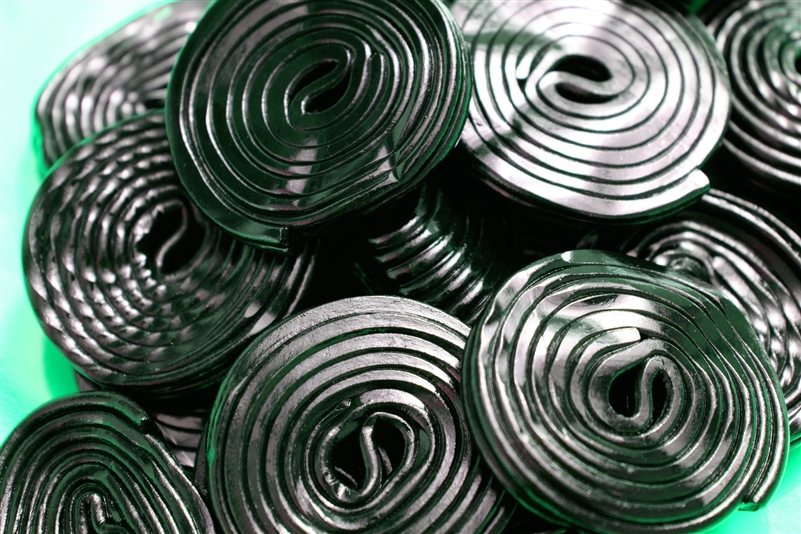FDA Issues Scary Candy-Overdose Warning Just in Time for Halloween - Black Licorice: Trick or Treat?
Home » Blog » Halloween's Hottest Trends, Little Ghost & Ghouls Corner , Washington DC Haunt News, Halloween Headlines
October 31, 2017 By Cait

Black Licorice is Delicious, but Can Be Lethal if Overconsumed.
Photo by: Natalia Aggiato, via PixaBay.
Thinking about chowing down on some black licorice this Halloween? Before you dig into this classic treat, be warned - the FDA has issued a warning for would-be indulgers thinking of eating too much licorice this Halloween Season - eating too much black licorice can result in serious medical conditions, including heart arrhythmia, high blood pressure, lethargy, edema (swelling), and even congestive heart failure.
The warning does not start off promising, but is in fact, tremendously foreboding - "As it turns out, you really can overdose on candy—or, more precisely, black licorice," the FDA warns. And it doesn't take as much as you'd think - a mere 2 ounces of black licorice a day for two weeks is enough to start to cause symptoms, and if you're a licorice lover, then you already know that that's not a hard threshold to meet - that's about a handful of licorice drops, pinwheels, or other sweet treats!
So what's so dangerous about black licorice? According to the FDA's release, black licorice contains a compound called "Glycyrrhizin", which is the culprit causing these scary symptoms. Glycyrrhizin, which is the sweetening compound that gives licorice candy its spicy-sweet taste can also cause your potassium to drop, when consumed regularly, which is why the FDA is urging consumers to dial back a bit when it comes to black licorice indulgence - especially if you're over 40.
According to the FDA's Dr. Linda Katz, MD, the agency has received reports of at least one licorice fiend falling ill after regularly consuming this delicious treat, and there have also been numerous medical journals and research papers linking eating black licorice to a variety of health problems for people over the age of 40.
Luckily, many of the so-called "licorice flavored" candies that are widely available in the US today use Glycyrrhizin-free alternatives, including other similarly flavored spices, such as anise, which has a fairly similar smell and taste (unless you're really into licorice, you likely won't be able to tell the difference).
Regardless, the FDA says if you're a true black licorice aficianado, to take the following precautions when enjoying the sweet treat:
- Avoid eating large amounts of licorice at a time - try to stick to a piece at a time
- No matter what your age, if you've been indulging in large amount of black licorice, and you are experiencing muscle weakness, or feel like oyu have an irregular heartbeat, contact your primary doctor immediately, and stop eating the licorice.
- If you're taking any medications or dietary supplements, make sure to check that they do not have any known interactions with Glycyrrhizin or Black Licorice. It is known that Black Licorice can interact with certain medications, supplements, and herbs, so you may want to check with your doctor to stay on the safe side.
- If you think you've experienced any medical issues after consuming black licorice, the FDA wants to know - click here to contact a consumer complaint coordinator.
Bottom Line: If you love black licorice, enjoy it in moderation this Halloween, and keep an eye out for the symptoms listed above if you do over indulge.
Have a Happy, Healthy, & Safe Halloween!
























Comments
There are no comments for this article.
Get the conversation started below!
You must be logged in to post a comment.
Log In / Create Account